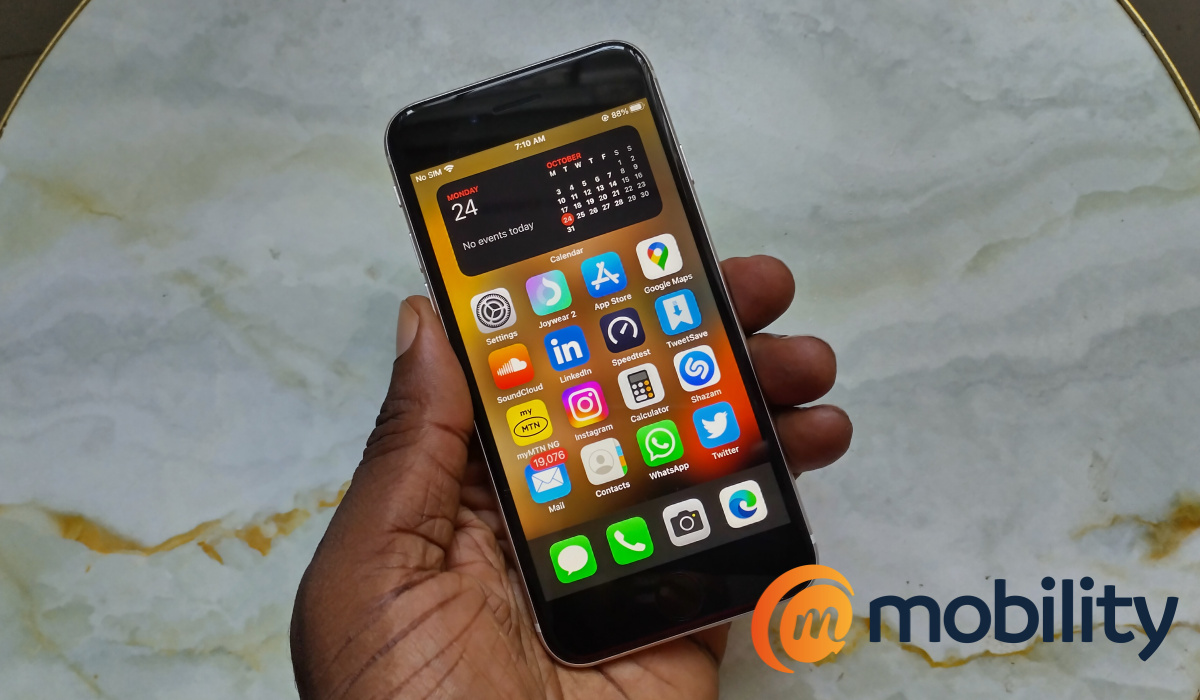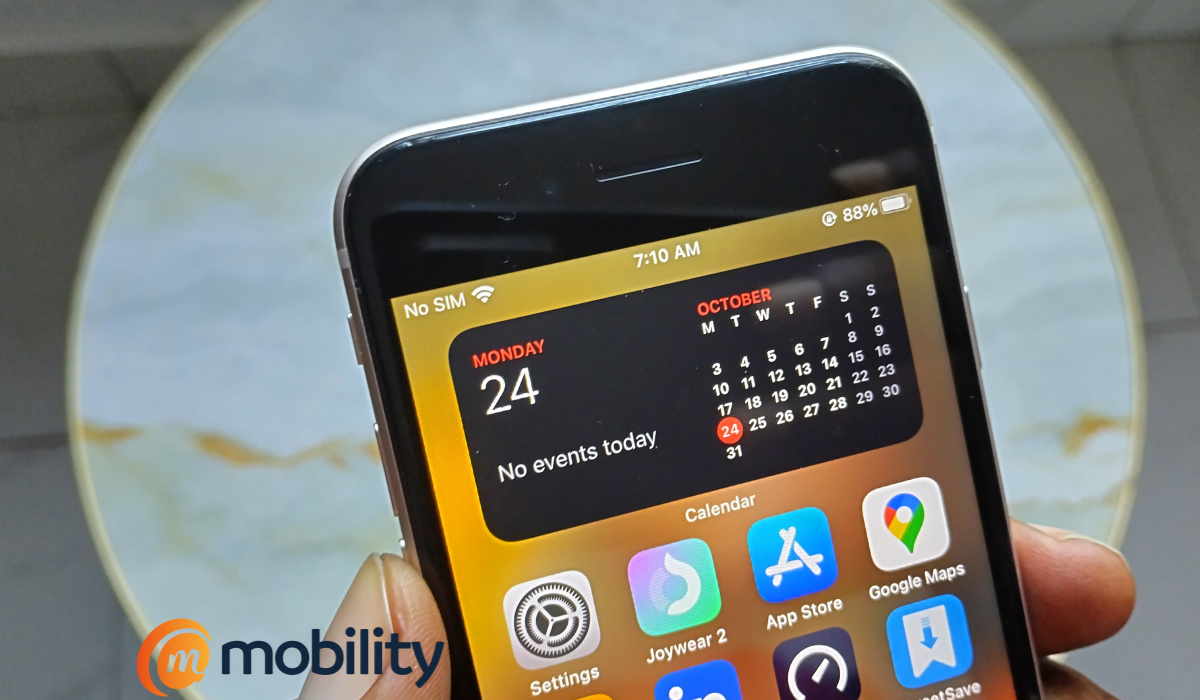Your iPhone’s operating system is designed to be secure and protect your data from viruses. However, it’s not entirely impossible for iPhone to get a virus. If you’re worried that a virus has sneaked its way into your device, there are a few ways to check.
In this article, you’ll learn how to check an iPhone for viruses and what you can do to keep your iPhone safe. You can use a third-party antivirus app to scan your iPhone for viruses and malware, or you can use the built-in settings to check for suspicious apps.

Table of Contents
How Can You Check an iPhone for Viruses?
iPhones are less susceptible to viruses but more likely to be infected by misbehaving ads in apps that potentially compromise personal information. Apple’s proprietary software wall keeps customers within its confines, but hackers can still breach it and plunder data for black market use. So, while iPhone users are unlikely to get malware on their devices, they are still not entirely immune to threats.
So, how can you tell if your iPhone is infected with a virus or malware? There are several ways to find out, and I’ve described some of these methods below.
Check for Unfamiliar Apps
Checking your iPhone for unfamiliar apps—i.e., apps you’re certain you didn’t download and are not default Apple apps—is one of the simplest ways to check for a virus or malware.
Scroll through the files and folders on your home screen for any suspicious apps. If you don’t notice any but aren’t sure either, check your iPhone’s Settings to see if you can find any odd apps. Here’s how to check your iPhone for viruses via the Settings app:
- Open your iPhone’s Settings app.
- Scroll down and tap General.
- Tap iPhone Storage.
- Scroll down the page and look for apps that you don’t recognize or that seem suspicious.
- If you find an app that you don’t recognize or that seems suspicious, tap on it to see more information.
- If the app does not appear trustworthy or you have no memory of installing it yourself, delete it from your phone immediately.
Check Your Storage Space
Although your device’s storage space may be largely occupied by data like photos and videos, if it is substantially smaller than it should be, your iPhone may have a virus that is using all of its memory. Go to Settings > General > iPhone Storage to view your storage space.
Check if Your Device Is Jailbroken
Jailbreaking removes an iPhone’s built-in restrictions, making it vulnerable to unapproved app installations. While this may be a good thing to access apps that the App Store doesn’t naturally offer, it also makes iPhones susceptible to viruses.

If you purchased your iPhone from a source other than a trusted Apple store, they may have jailbroken it to install malicious software. To check if your iPhone is jailbroken, follow the steps below:
- Launch the search bar in your iPhone’s Home Screen or App Library.
- Type Cydia into the search bar and hit Enter. If any app called “Cydia” displays in the search results, it means your iPhone has been jailbroken.
Check Crashing Apps
Apps tend to crash from time to time, but this should generally be a rare event. If one or more of your apps crash, first make sure you’ve updated all of them. If, despite the updates, an app continues to crash, consider removing and reinstalling the app. Still, if nothing changes afterward, a virus may be at work. Take note of these steps to update your iPhone’s apps:
- Launch the App Store on your device.
- Enter your Apple ID and password if prompted.
- If any updates are available, select Update All.
Look Out For Unexplained Extra Charges
Viruses operate in the background, communicating with the internet via your data. As such, you can check your billing statement to ensure there hasn’t been an unusual increase in data consumption or that you’re suddenly being charged for sending SMS texts to premium lines.
Go to Settings > Mobile Network and scroll down to Mobile Data to see how much data you’ve used. If it appears suspiciously increased, you may be dealing with a virus.
Your iPhone is Overheating
Again, there are many potential causes of iPhone overheating (a faulty battery is often to blame), but in certain situations, it could be an indication of a virus. So watch your device for any unusual occurrences of overheating if you think it may be infected with a virus.
Examine Pop-up Ads in Safari
If you’re getting a lot of pop-ups when using Safari on your iPhone, it’s not necessarily a sign of a virus. First, check to see whether you’ve blocked pop-ups in your Settings, and then see if the problem goes away. If pop-ups continue to appear with the same frequency, you may have a virus problem.
How to Remove a Virus from Your iPhone
If, after completing all of the above steps, you believe that your smartphone contains malware or you specifically find malware on your iPhone, it’s important to take action to protect your device quickly. Here are steps you can take to get rid of a virus on your iPhone if you discover any:
- Update your iOS to the latest version.
- Delete any suspicious apps you think are causing the issue.
- Perform a factory reset, but make sure to back up your device to a state prior to when you noticed the virus.
- Uninstall any unauthorized third-party apps or plugins, and change your password.
- Clear your browser’s history and data.
- For jailbroken devices, upgrade to a newer OS version or remove the jailbreak by putting your iPhone through Recovery mode to fully remove unauthorized apps.
To conclude, checking your iPhone for viruses is a crucial step in keeping your device and personal information secure. With the help of these tips, you can easily check your iPhone for viruses, remove them, and keep your device running smoothly. If you’d like useful tips on the best antivirus apps for your iPhone, check out this guide.

